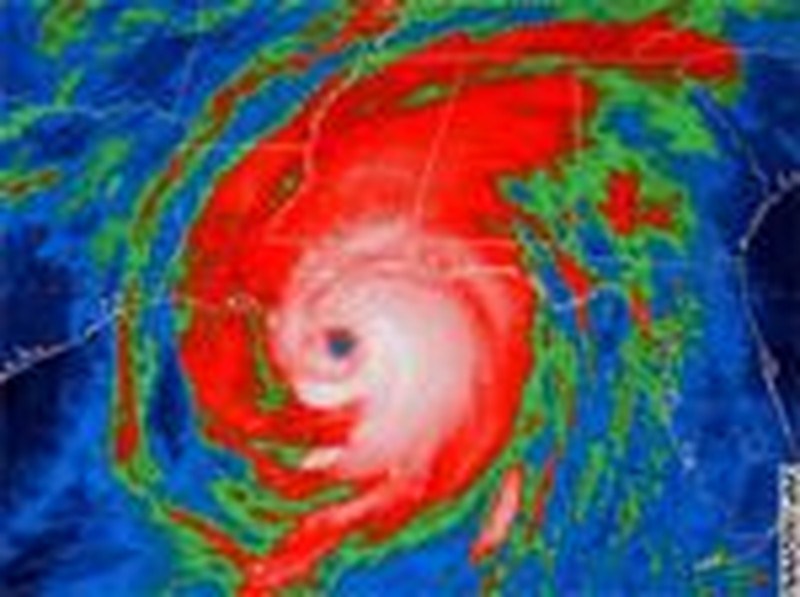Chaplains Help Gulf Coast Pastors Face Future
- Ken Walker Baptist Press
- Updated Dec 13, 2005

Joe Williams has encountered plenty of discouragement lately while counseling pastors around the Gulf Coast region, but he has also seen rays of hope.
One that shone recently involved a young pastor who talked of working 10 to 12 hours a day with area residents, displaced church members and visitors to his church’s feeding site.
After this grueling regimen, the pastor described not feeling like much of a husband or father when he got home. He then broke into tears.
“Then I asked, ‘What was your best experience?’” said Williams, an FBI chaplain temporarily stationed in New Orleans with the North American Mission Board. “He said, ‘(NAMB President) Bob Reccord called me and asked, ‘How can I pray for you?’ That helps me.’”
Well known among Southern Baptists for his efforts after the 1995 bombing in Oklahoma City and the 2001 terrorist attacks in New York, Williams hopes to have other, similar encounters in the near future in the wake of Hurricane Katrina.
The North American Mission Board (NAMB) sent Williams and SBC chaplain Naomi Paget to the Gulf in October to help comfort pastors, church staff members, and SBC-endorsed chaplains.
Paget, who is from Livermore, Calif., and has completed her assignment in the Gulf, agrees that pastors and chaplains have been taxed by the demands of daily survival.
“Some of the pastors I talked to have said, ‘I’m so busy taking care of everyone else I don’t have time to take care of my own family,’” Paget said.
“That speaks volumes,” added Paget, who said pastors in the region are under stress as they constantly deal with urgent demands.
Many of the pastors, Paget said, have lost material goods.
“We know we can’t do anything to relieve the pain of the loss or replace the loss,” Paget said.
Williams said pastors are often the hardest people to console.
“The mentality of pastors is, ‘I’m strong. I have to be strong for everyone else; I don’t need help,’” Williams said. “Pastors are hard to help because we think if we express weakness it’s a sign of a lack of faith. I’ve been there.
“But I remember a book that said, ‘Every pastor needs a pastor.’ We will encourage pastors to make sure they’re connecting with other pastors to discuss their worst and best experiences and what happened to them this week.”
Many of the pastors, Williams said, may still be in shock, although he says he has "not seen a lot of people who have seemed to be completely overwhelmed.
“One staff person told the pastor, ‘I can’t take it any more, I’m leaving.’ I think we’ll see some more of that.”
Southern Baptists can help the effort even if they can’t travel to the Gulf, Williams said, by praying.
“Pray that we will be able to frame this in a way pastors will relate to it,” Williams said. “Pray for me, that I have the wisdom and insight to take the experience God has given me and get enough value out of that.”
Paget suggested that SBC churches identify a specific congregation and intercede for its needs, and then let the church's pastor know that they're praying.
“I think it’s important that pastors in those associations know that people are praying for them and what they’re praying for,” Paget said. “Being specific is so encouraging for local pastors.”
Pastors’ families, Paget said, have many unmet needs because pastors have been so overwhelmed in caring for their church members and other storm victims.
Southern Baptists outside the Gulf can offer to send personal items and form relationships, Paget said.
“Relationship building is so important to spouses, wives particularly, because women are relational people,” Paget said.
www.bpnews.net




















